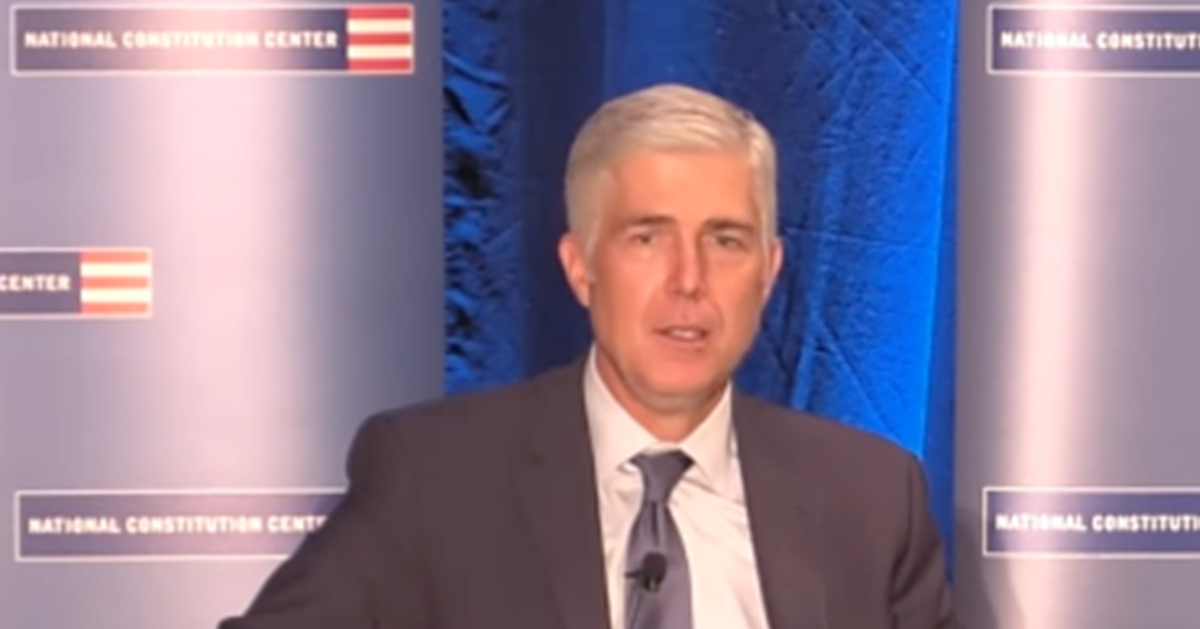Trump Vows to Seek Death Penalty for Violent Criminals in Wake of Biden Clemency Wave
President-elect Donald Trump has pledged to aggressively pursue the death penalty for violent criminals after President Joe Biden commuted the sentences of 37 federal death row prisoners.
Trump's vow to seek the death penalty follows Biden's decision to reduce sentences for convicted criminals, a move that Trump criticized as disrespectful to victims of heinous crimes, as the Washington Examiner reports.
The announcement by Trump came on Truth Social, where he vowed to direct the Justice Department to "vigorously pursue the death penalty" once he takes office.
The President-elect emphasized that his goal would be to protect American families, especially children, from violent offenders such as rapists, murderers, and kidnappers. Trump's remarks were in response to Biden’s decision to commute the sentences of several federal death row inmates, a move that sparked criticism from his team.
Trump’s statement made clear that he plans to make law and order a priority in his administration. He wrote, "We will be a Nation of Law and Order again," echoing a theme that has been central to his political rhetoric.
The move by Biden to commute the sentences involved 37 federal death row prisoners, including several who had committed particularly horrific crimes. Among those whose sentences were commuted were Brandon Basham and Chadrick Fulks, both 43 and 47 years old, respectively. The two had escaped prison, gone on to kidnap, rape, and murder two women. Their crimes were widely considered to be among the most gruesome of their kind.
Responses of Trump, Others to Biden's Decision
Trump’s team strongly condemned the decision, arguing that it disregarded the victims and their families. "This is a slap in the face to the victims," a representative from Trump's campaign said, referring to the crimes committed by the prisoners in question.
Many victims' advocates joined Trump in expressing disappointment with the commutations, which they argued undermined justice for those affected by the violent actions of the prisoners.
In addition to Basham and Fulks, Biden's commutations also included Thomas Sanders, 57, who was convicted for the brutal murder of a mother in front of her 12-year-old daughter. After kidnapping the child, Sanders went on to murder her just days later. Trump’s team highlighted such crimes to underscore their criticism of Biden’s decision.
President Biden, however, took a strong stand against the actions of the prisoners. He expressed deep sorrow for the victims, saying, "Make no mistake, I condemn these murderers, grieve for the victims of their despicable acts, and ache for all the families who have suffered unimaginable and irreparable loss." Despite this, Biden maintained that the commutations were in line with his broader criminal justice reform efforts.
Differing Stances Emerge
Throughout his campaign, Biden had promised to abolish the death penalty, a goal he did not achieve by the end of his first term. Instead, in the closing months of his presidency, Biden's position on capital punishment remained complex. While he personally condemned the actions of those whose sentences were commuted, he did not take steps to reinstate federal executions or change the policy on the death penalty itself.
In stark contrast, Trump took an opposite stance during his time in office. In the final months of his presidency, he oversaw the execution of 13 death row inmates, signaling his strong support for the death penalty. Trump’s actions were widely criticized by some who viewed them as politically motivated, but he defended the executions as necessary to ensure justice was served for the victims of violent crimes.
The execution of 13 federal inmates during the final months of the Trump administration marked a stark contrast to Biden's policies and has become a point of contention between the two parties. Trump’s team now appears intent on reversing some of Biden's criminal justice reforms, particularly in regard to the death penalty.
Mixed Reactions and Ongoing Debate
The ongoing debate over the death penalty is one that divides Americans and their elected officials. While Trump has emphasized the importance of protecting victims and their families, Biden has called for reform in the criminal justice system, including limiting the use of the death penalty. With both sides presenting starkly different approaches, the death penalty remains one of the most contentious issues in American politics.
As Trump prepares to take office, his statements on the death penalty suggest that the issue will remain a central part of his legislative agenda. Advocates for criminal justice reform are already anticipating a renewed push for more executions, while opponents of the death penalty are bracing for further legal and social battles.
Ultimately, the decisions made by both Trump and Biden have set the stage for a continued national debate over the future of the death penalty in the United States. As the issue evolves, it remains unclear whether either side will be able to fully resolve the deeply polarized views on the subject.
Looking Ahead: What’s Next for Death Penalty Debate?
The question of the death penalty’s future in the United States is far from settled. With Trump’s vow to push for more executions and Biden’s actions to commute sentences, it seems the national conversation over capital punishment is only heating up. The coming years may see further legal battles, shifts in policy, and renewed discussions about the ethics and effectiveness of the death penalty in modern society.
As both sides prepare for the future, it is clear that the death penalty will continue to be a defining issue in American politics. With strong arguments on both sides, the debate is likely to persist for years to come, shaping the future of criminal justice policy in the United States.



